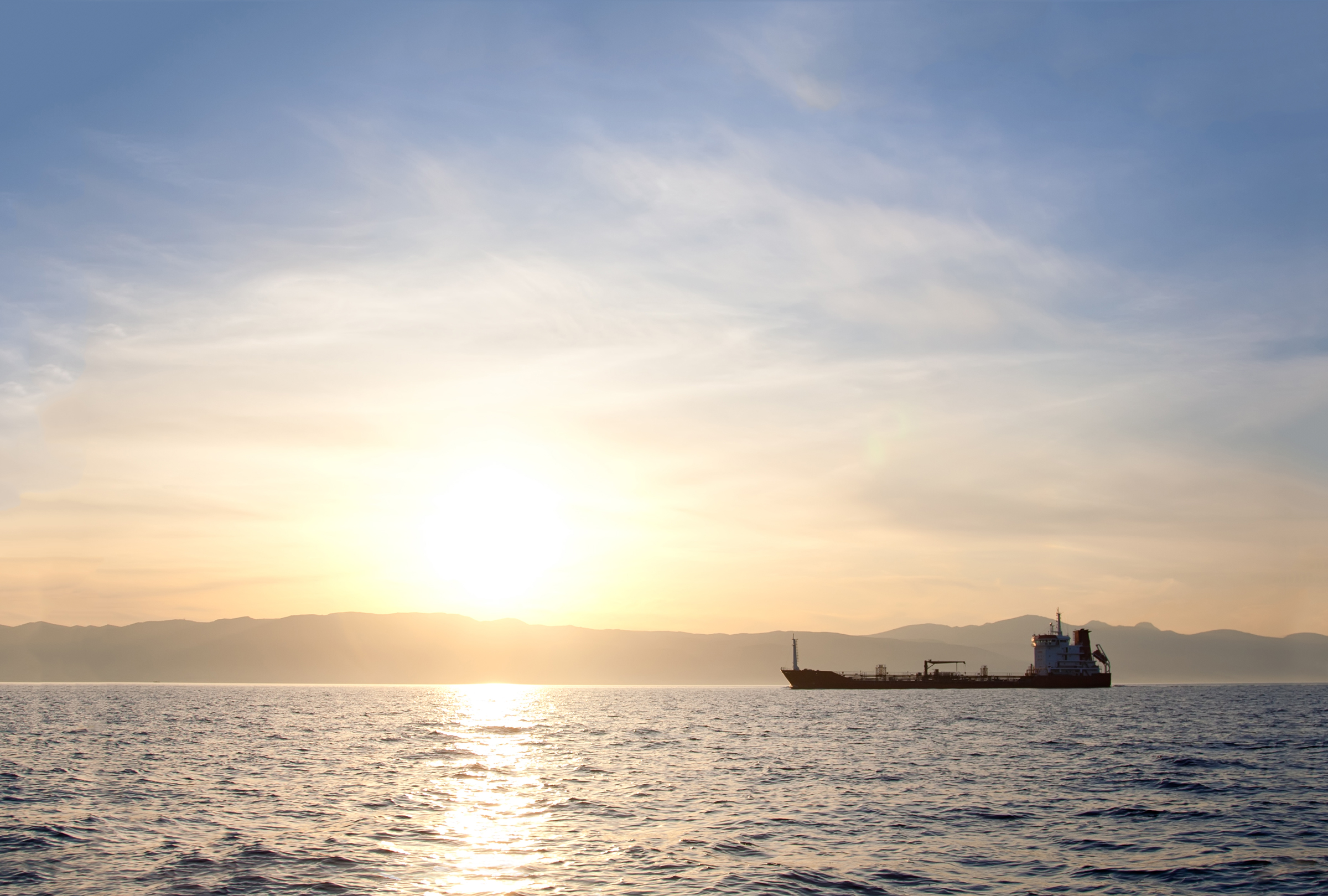The New Jersey Supreme Court has long recognized a presumption of judicial review of administrative action grounded in the State constitution. The presumption of judicial review of agency actions, however, often does not extend to pre-enforcement review. When the New Jersey Department of Environmental Protection (“NJDEP”) issues an administrative compliance order to abate an environmental hazard, the absence of pre-enforcement review leaves the order’s recipient in a difficult position. Indeed, the recipient is left with only two choices: (1) refuse to comply with the order and wait for NJDEP to enforce the order in court, while incurring significant daily penalties for non-compliance or (2) consent to NJDEP’s order rather than incur civil penalties or risking an unfavorable outcome in litigation. As the Appellate Division’s recent decision in In re NJDEP Direct Oversight Determination Against Solvay Specialty Polymers USA, LLC demonstrates, New Jersey courts remain reluctant to grant pre-enforcement review of administrative compliance orders.
NJDEP issued a statewide directive in March 2019 holding Solvay and several other entities responsible for discharging per-and polyfluoroalkyl substances (“PFAS”), into the air, land and water near its facility (“Site”), which sits on the Delaware River. (See our earlier article discussing another case arising from this Site). The directive required specific steps to be taken, including estimating future costs of remediation for which Solvay would be responsible, operation and maintenance of drinking water treatment systems, production of information on PFAS and reimbursement of NJDEP costs. The directive stated that if Solvay failed to comply, it would be subject to civil penalties in the form of treble damages under the Spill Compensation and Control Act (“Spill Act”). After Solvay failed to comply, the Department issued a determination that Solvay’s remediation of the Site was subject to direct oversight due to Solvay's failure to comply with the site-specific timeframes set forth in the statewide directive and the injury to one or more sensitive natural resources by contamination from the Site.
Although licensed site remediation professionals generally oversee the remediation of contaminated sites under the Site Remediation Reform Act (“SRRA”), including selecting and implementing the remedial action, the SRRA also authorizes the Department to undertake “direct oversight” of the remediation. NJDEP can impose direct oversight if the party responsible for conducting remediation fails to complete the cleanup within mandatory timeframes (i.e., “compulsory oversight”) or if NJDEP determines that an injury has been caused to at least two environmentally sensitive natural resources (i.e., “discretionary oversight”). NJDEP asserted that Solvay was subject both to compulsory direct oversight due to its failure to comply with site-specific timeframes and discretionary direct oversight because one or more natural resources (i.e., the Delaware River) were injured by contamination from the Site.
Solvay appealed NJDEP’s decision and contended that NJDEP’s direct oversight determination violated its due process rights as set forth in In re Kimber Petroleum Corp., 110 N.J. 69 (1988), in which the New Jersey Supreme Court held that treble damages could not be imposed, even where the party ultimately was liable under the Spill Act, if a party had “good cause” not to comply with a Spill Act directive. Specifically, Solvay argued that it was entitled to pre-enforcement judicial review before it was subject to Direct Oversight. Solvay further contended NJDEP’s determination that it was subject to Direct Oversight was arbitrary, capricious and unreasonable because NJDEP had not adopted surface water standards or screening criteria for PFAS. Shortly after Solvay appealed, NJDEP filed a complaint in Superior Court to compel Solvay to complete the remediation of the Site and to determine whether Solvay failed to comply with the directive.
In ruling against Solvay, the court emphasized that the mere issuance of a direct oversight determination does not automatically trigger the due process protections set forth in Kimber. The court explained Kimber made clear that the adjudication of a good-cause defense to a directive only occurs after the recipient refuses to comply with the directive and NJDEP elects to bring an enforcement action in court to enforce the directive. In finding that Solvay was not entitled to pre-enforcement review, the court emphasized that NJDEP’s direct oversight determination was not a monetary penalty, which would require an adjudicatory hearing before any penalties could be imposed. Rather, the court found the Department’s determination was merely an enforcement tool through which it sought compliance with the statewide directive while its enforcement action — and Solvay’s good-cause defenses — are being adjudicated in the Law Division. As a result, Solvay’s due process rights were not violated and pre-enforcement review was not warranted because treble damages would only be assessed if Solvay’s grounds for disobeying the directive were not objectively reasonable, i.e., Solvay lacked “good cause” for its non-compliance. Thus, the court reasoned that if NJDEP’s directive was later deemed to be legally insufficient or otherwise invalid, a court could invalidate the directive when NJDEP seeks to enforce it, thereby providing Solvay due process by affording it a full and fair opportunity to oppose the directive before any deprivation of property occurs.
Notably, the court gave little consideration to Solvay’s contention that discretionary direct oversight was not appropriate here because NJDEP had yet to promulgate surface water standards for PFAS. Solvay argued that, without having promulgated actual standards or screening criteria for PFAS, NJDEP could not conclude that the surface water injury to the Delaware River and its tributaries was attributable to Solvay’s site. The court’s ruling on this issue was somewhat surprising in light of the case law requiring NJDEP to promulgate remediation standards in compliance with Administrative Procedure Act notice and comment rulemaking procedures before it can enforce such standards against a regulated entity. See Federal Pacific Electric Co. v. NJDEP 334 N.J. Super. 323 (App. Div. 2000). The court, however, largely sidestepped this issue and found that the record contained ample evidence that the presence of PFAS caused injury to natural resources, Solvay was not in compliance and its remediation efforts were insufficient.
The Solvay decision provides no relief to recipients of an administrative compliance order to abate an environmental hazard. Going forward, courts likely will continue to preclude an alleged responsible party from challenging the merits of an administrative compliance order prior to an NJDEP enforcement or cost recovery action.
For more information, please contact the author Michael Spinello at mspinello@riker.com or any attorney in our Environmental Practice Group.






